
How much does an electric car cost?
Monthly costs new gasoline car vs new electric car
| Gasoline | Electric | |
|---|---|---|
| Write-off | € 370 | € 500 |
| Maintenance and repairs | € 50 | € 30 |
| Insurance | € 60 | € 70 |
| Gasoline / charging | € 170 | € 120 |
| Taxes | € 60 | € 30 |
| Total (source: MilieuCentraal) | € 710 | € 750 |

Electric more expensive to purchase
Compared to a gasoline car, an electric car is more expensive to purchase. This is because:
- The costs of a battery are high. The price is lower than a couple of years ago.
- There's more software in an electric car. For example, programs for charging and supporting the battery.
- The battery is heavy, so manufacturers use lighter materials for building the car itself. This way, the car won't become too heavy. These materials often cost more.
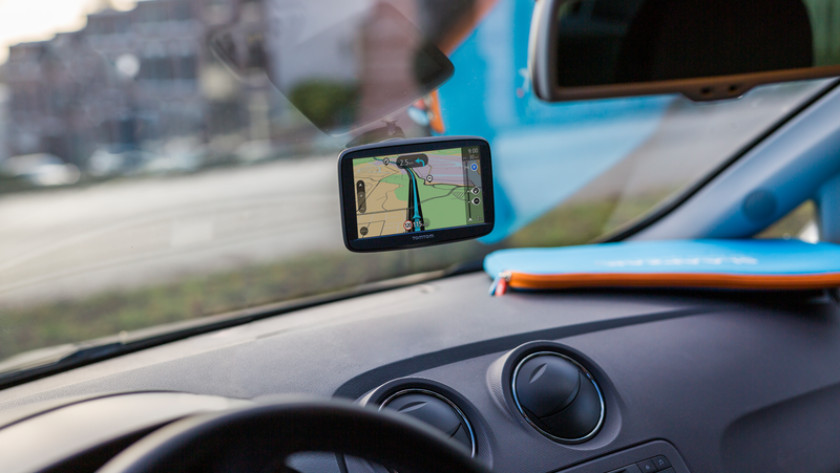
Costs electric driving
An electric car is more expensive to purchase than a gasoline car, but much more affordable in use. That's why the monthly costs don't differ that much. This is because the costs for maintenance are less. An electric car has less moving parts and drives more efficiently. You also pay less for a full battery than for a full tank. A Volkswagen Golf costs about € 0.10 per kilometer, while it's € 0.05 for a Volkswagen ID 3. Do you have solar panels on your roof or a dynamic energy contract? You pay even less for a full battery.
Tax benefit and subsidies
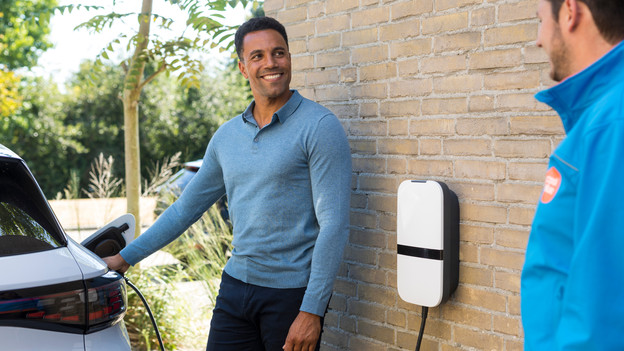
You have until 2025 to receive tax benefits and subsidies for electric cars. We've not included them in the table above. You have the following benefits:
- You can get up to € 2950 subsidy for a new electric car. It's € 2000 for a used car.
- You won't pay the purchase tax for private vehicles and motorcycles (BPM).
- You pay 16% additional taxes for electric cars. This is 22% for gasoline cars.
- You won't pay road taxes (private motor vehicle and motorcycle tax and motor vehicle tax (MRB)). From 2025 onwards, you pay 25% road taxes. This means that you still pay 75% less than gasoline cars.
- You also get financial benefits if you have an electric company car.
Costs electric driving
| Costs per kWh | Costs for 50kW | |
|---|---|---|
| Charging at home | € 0.30 | € 15 |
| Public charging | € 0.65 | € 32.50 |
| Fast charging | € 0.85 | € 42.50 |
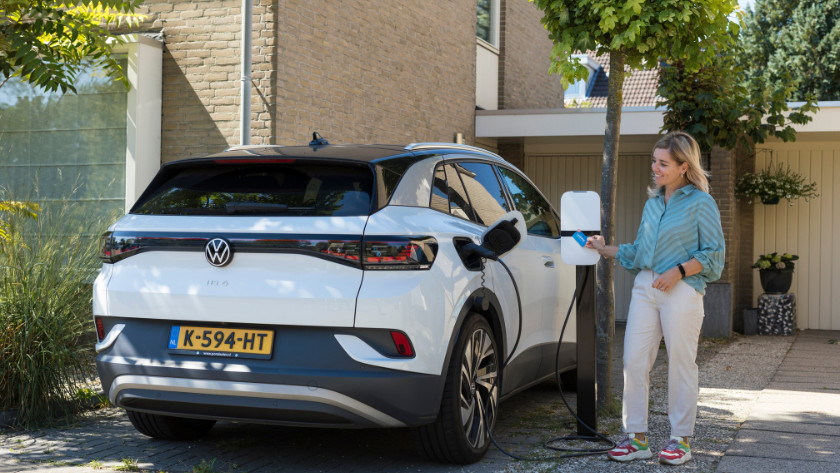
Charging costs at home
The costs for electric driving are lower when you charge your car at home. You only pay the kilowatt-hour price of your energy supplier. In our example, we assume an average price of € 0.30 per kWh. For example, if you charge 50kW, you pay € 15. Do you have a dynamic energy contract? You pay less for charging at the time when the energy rates are low. You can do this when the sun is shining or if there's a lot of wind, for example.
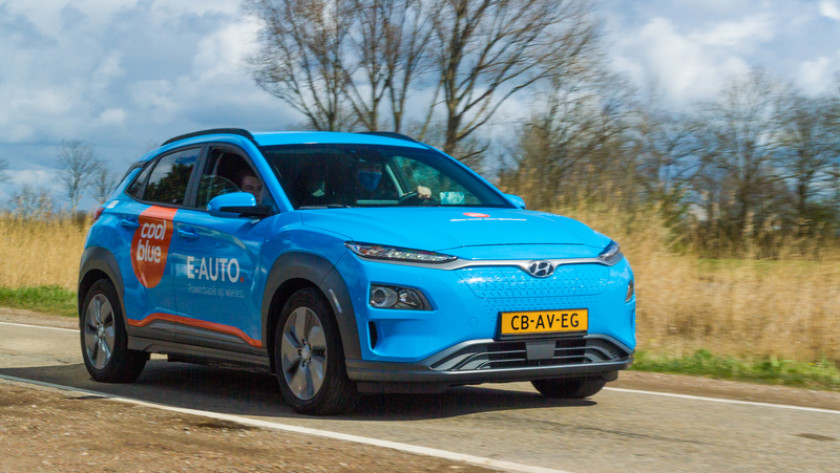
Costs public and fast charging
Public charging is more expensive than charging at home. That's because you pay extra costs to the provider of the charging station. The rate for public charging differs per charging station provider and charge card. On average, this is € 0.65 per kWh. For fast charging, this is around € 0.85. If you charge 50kW, you pay about € 32.50 for public charging and about € 42.50 for fast charging. You still pay less for a full battery.
Advantages electric driving

Electric driving has many advantages. The costs for electric driving per kilometer are lower than for a gasoline car. You save even more money when you have your own charging station, solar panels, or a dynamic energy contract. The advantage of a gasoline car is that it offers more comfort in case of longer distances, because you have to fill it up less often. But the electric network is expanding, even in other countries.
Charge with solar power
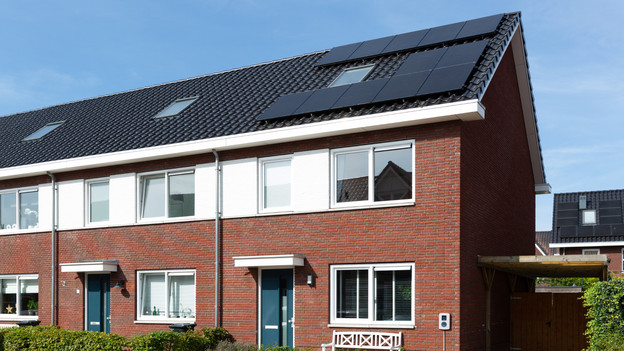
Do you want to pay even less for a full battery at home? Choose solar panels. When you charge the car on a sunny afternoon, the charging station uses your own generated, green energy. With a Coolblue Energy charging station, you can easily set this via a charging schedule with the Coolblue app. Thanks to this, you can save on your energy bill and you drive more sustainably.

